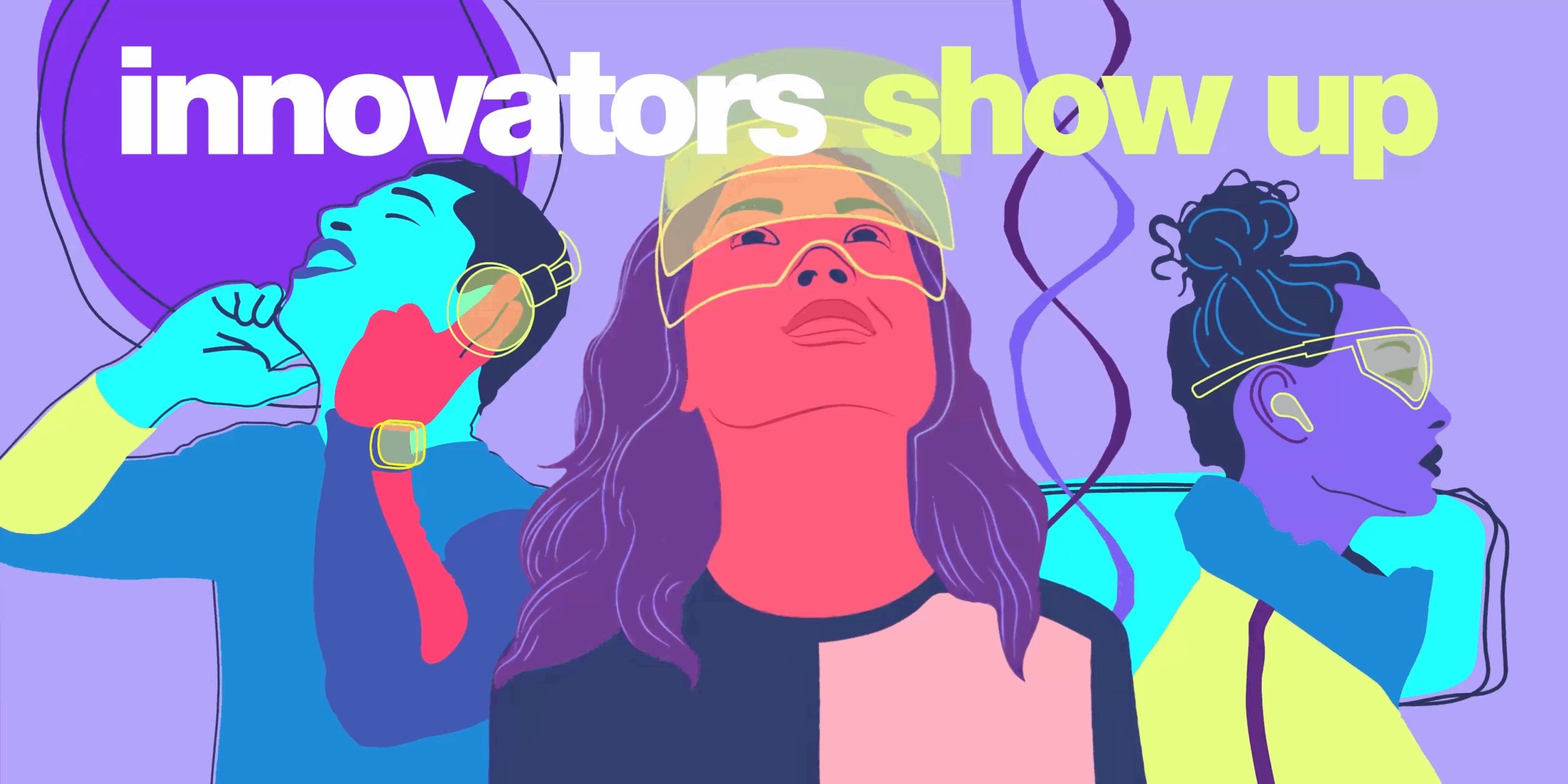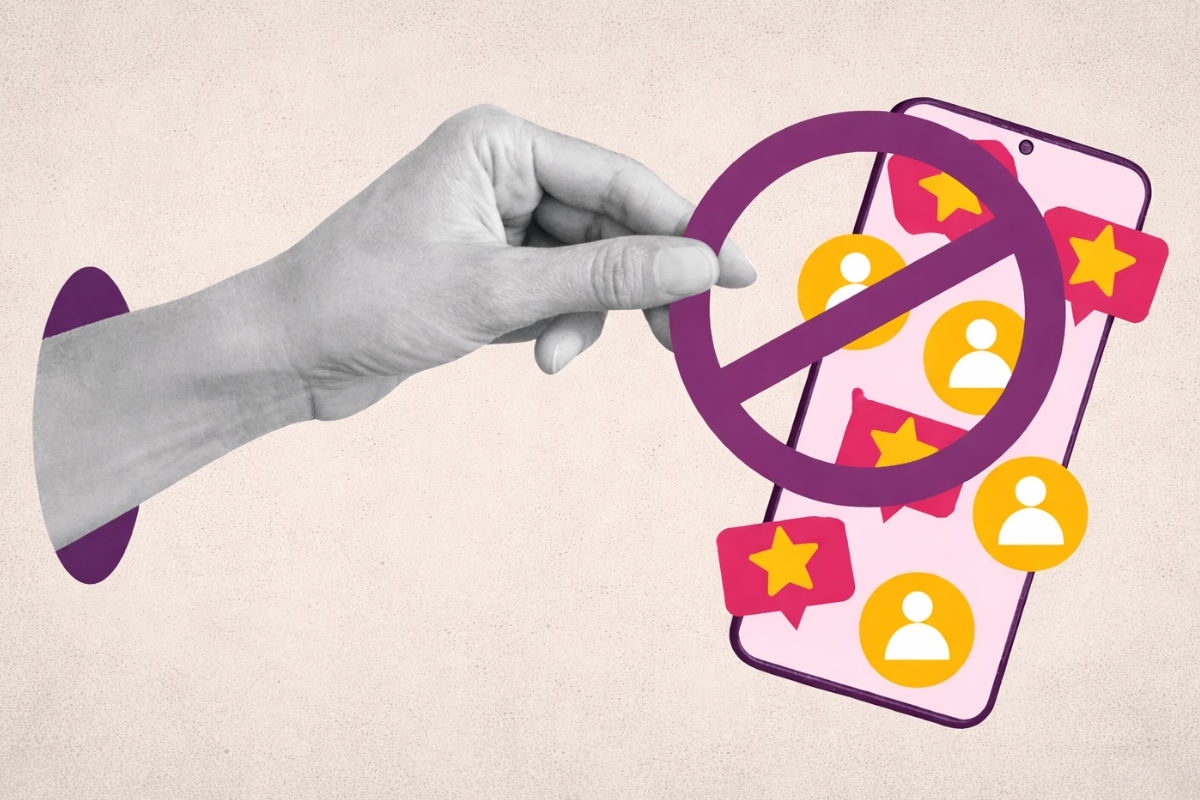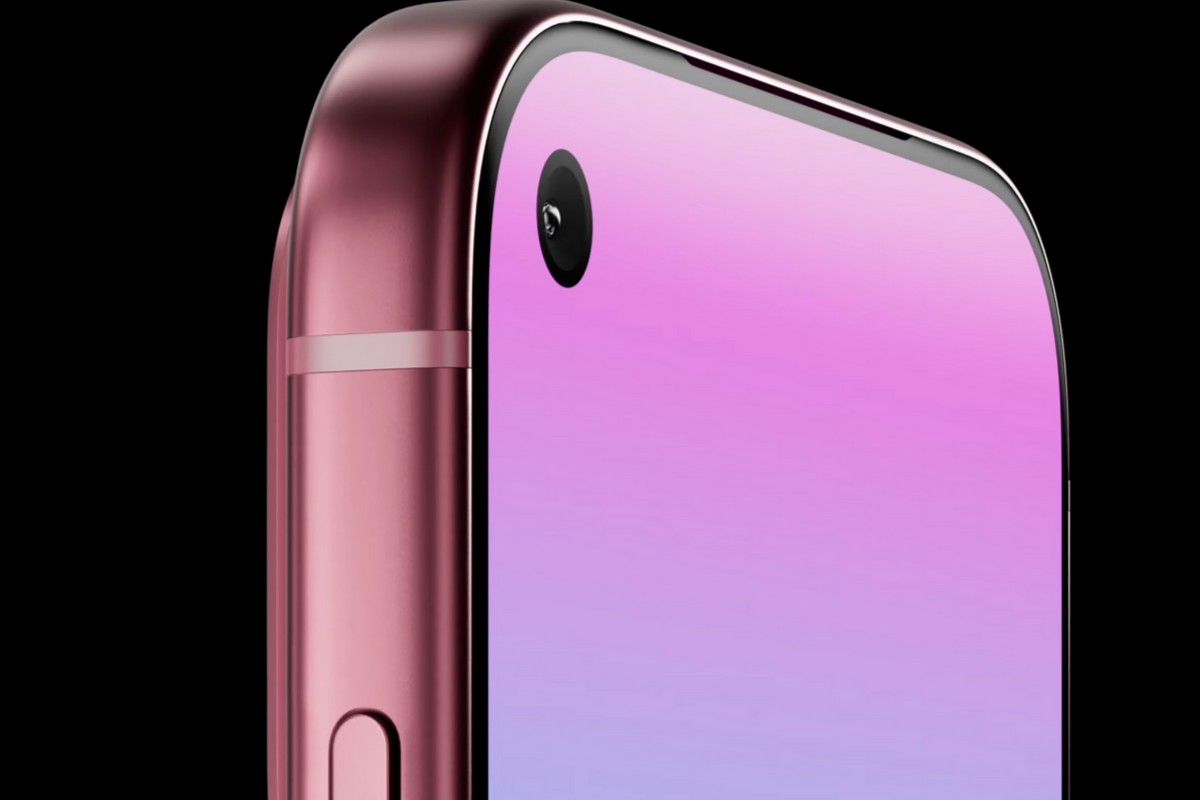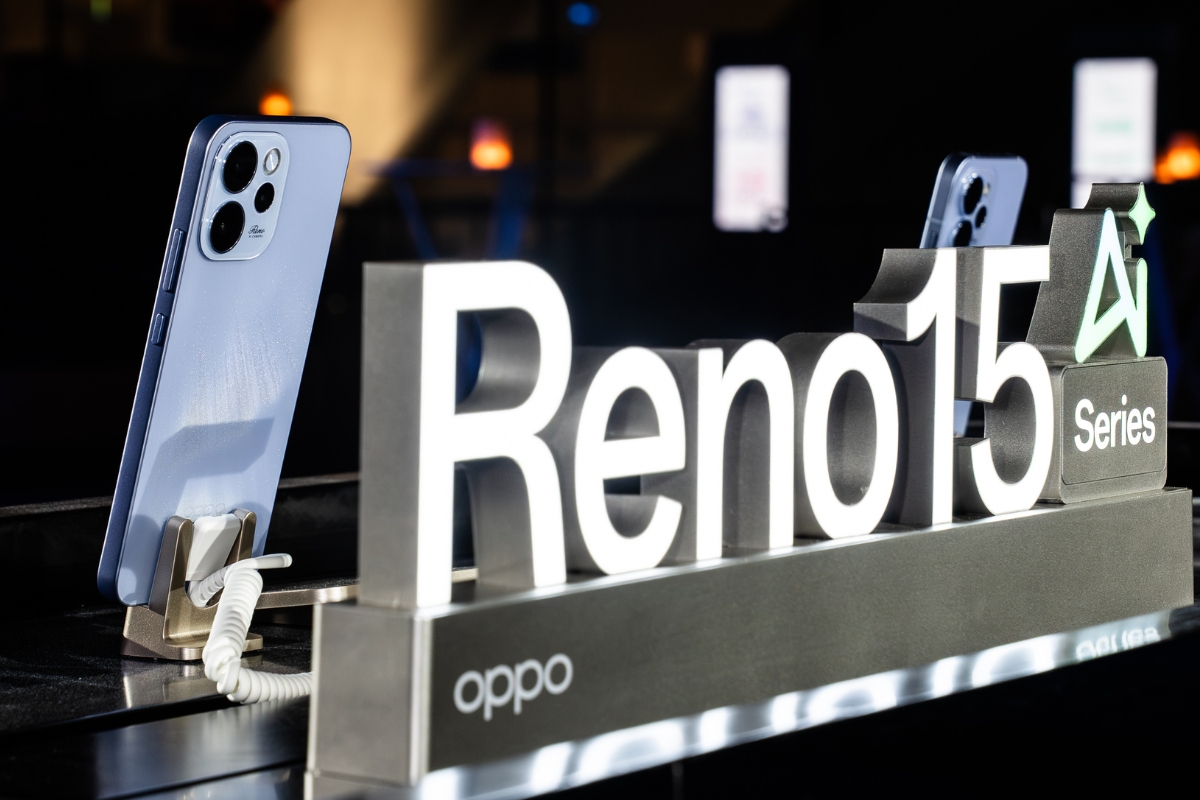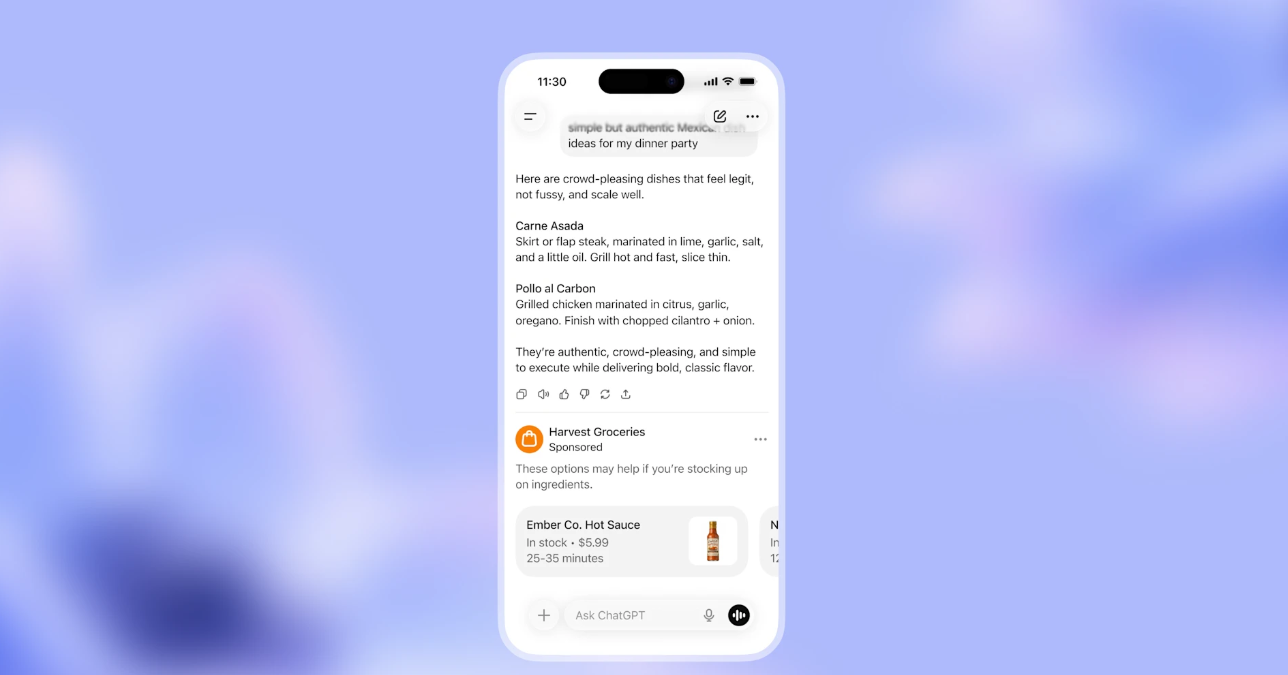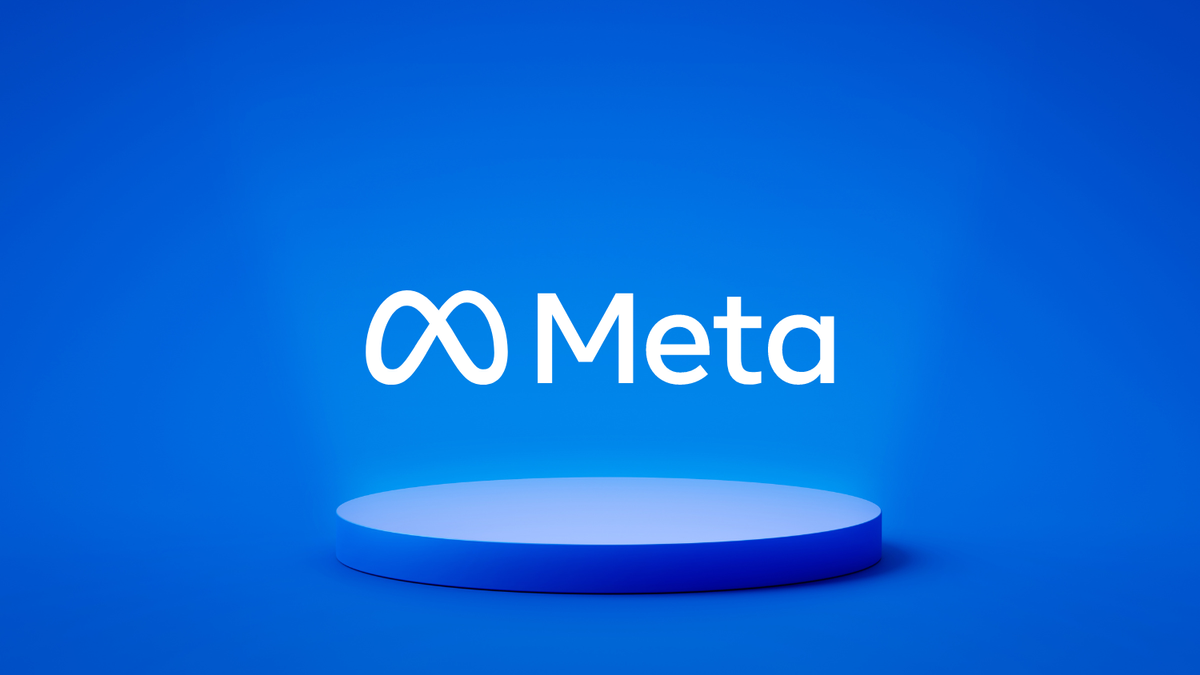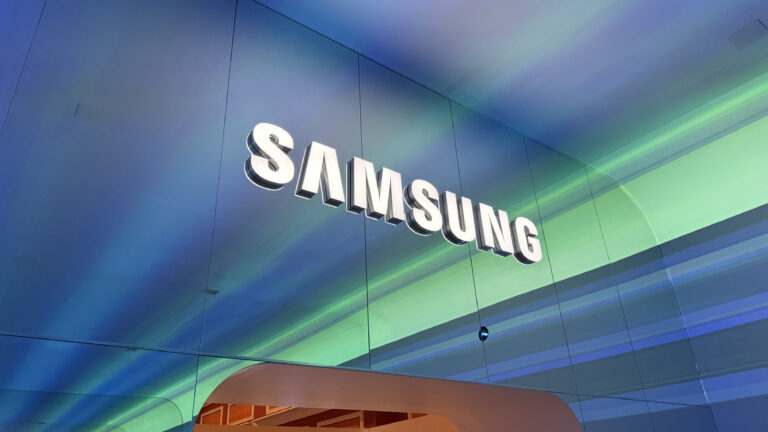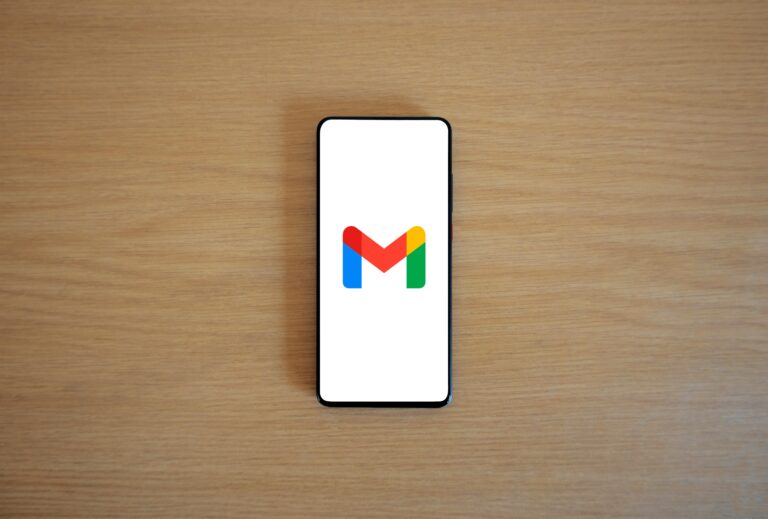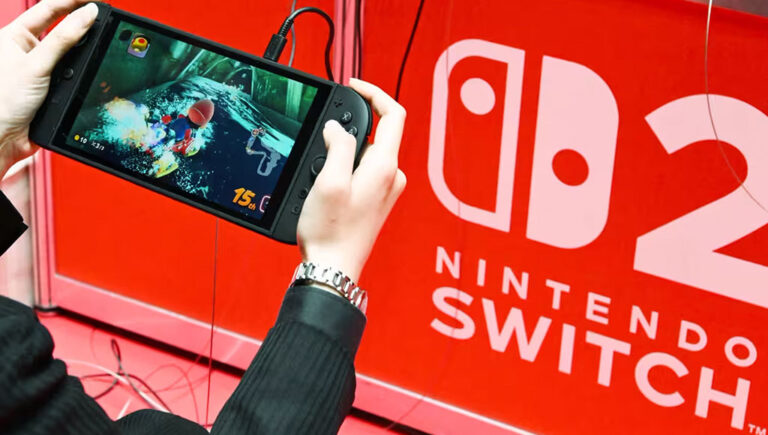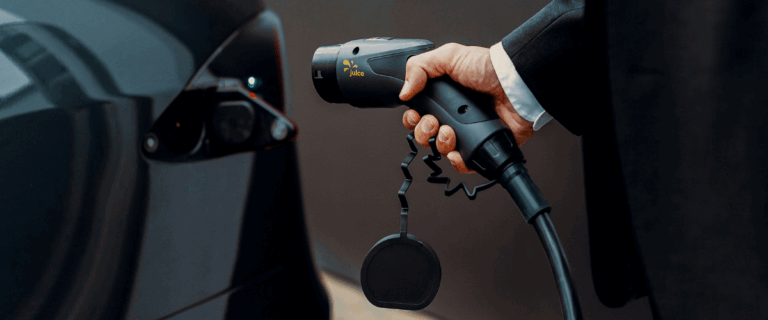Google to Ban Installation of Unsigned Android Apps from Outside Its Store
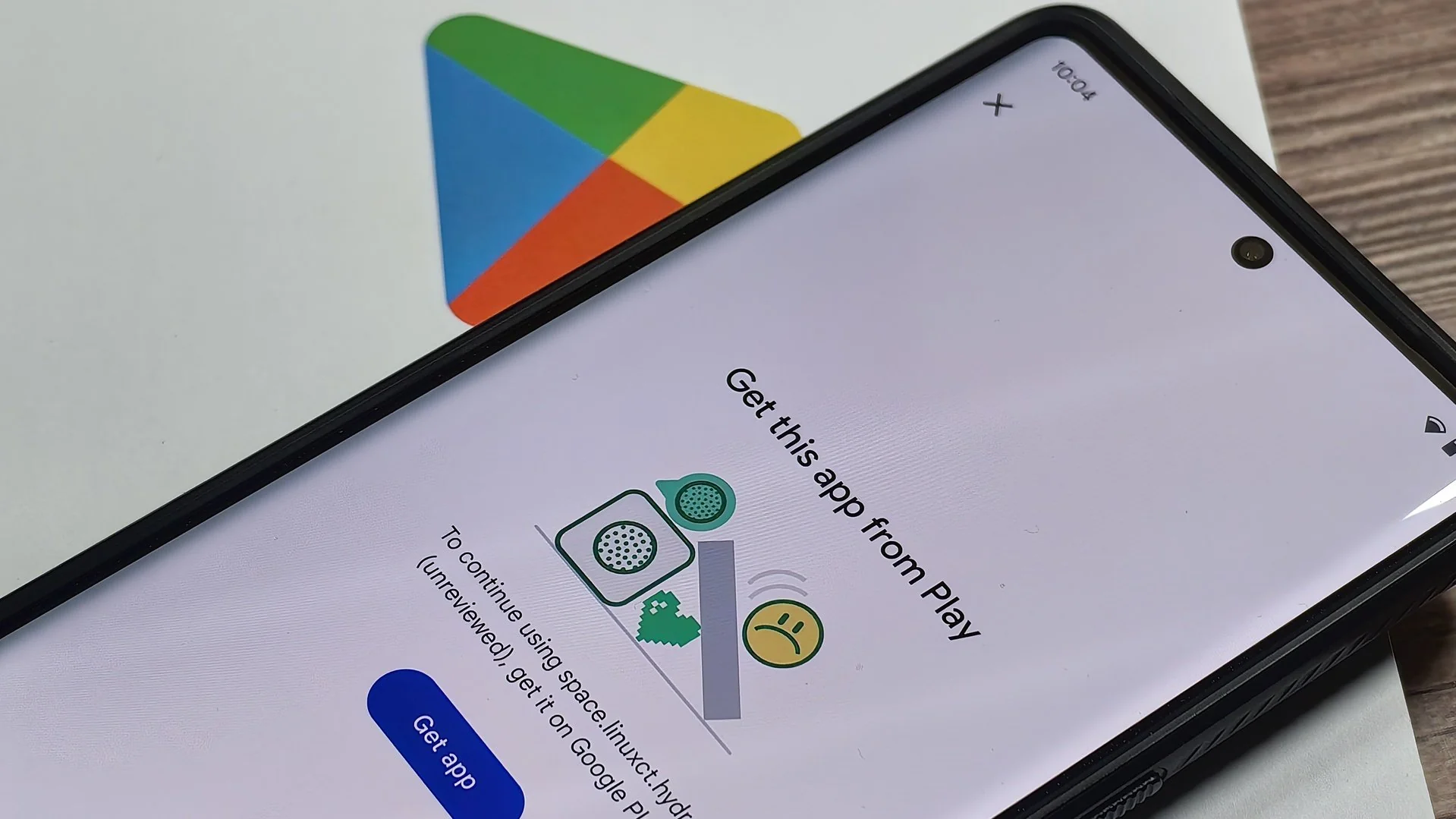
⬤ Google has confirmed that the era of installing unofficial Android apps is coming to an end.
⬤ Under the new policy, any app without an official signature will be blocked, and Google will have the power to revoke those signatures.
⬤ The company says the move is about improving security, but critics warn it could be used to stifle competition.
For years, Android has been celebrated for its openness, allowing developers and users to install apps freely through third-party sources. That freedom is about to change. Google has announced a sweeping new policy that will make it much harder to install unofficial or “sideloaded” apps on Android devices.
The company revealed that all Android app developers will soon be required to obtain a verified developer identity from Google. The move is being framed as a major step toward combating malware and fraud, with Google citing data that shows apps distributed from outside its official Play Store are up to 50 times more likely to contain malicious code.
According to Google, the mandatory identity verification will function like “an airport ID check” for developers, designed to promote accountability and traceability. Once the rules take effect, any app must carry an official Google-issued developer badge to function on certified Android devices. This means that almost all phones and tablets outside of China will be affected.
The company clarified that the verification process will not involve reviewing or approving app content or functionality. However, some users on Reddit have speculated that Google could quietly review certain apps, especially those that compete with its own products, raising concerns that the system could be “weaponized” against rivals. Google insists that the only goal is to strengthen the overall security of the Android ecosystem.
The change will likely impact users who rely on unofficial or modified apps, particularly tweaked versions of popular platforms like WhatsApp, YouTube, and Instagram. Many of these modded apps offer “extra features,” but are often riddled with spyware and malware.
Google first introduced mandatory developer identity verification for apps on the Play Store back in 2023, and said the measure has been effective in curbing malicious activity. Extending the same requirement to sideloaded apps is meant to unify the security standard across the entire Android ecosystem.
To support the transition, Google is launching a new platform called the Android Developer Console, which will allow developers outside the Play Store to register and verify their identities. Non-professional developers and students will have access to a simplified interface, while businesses will go through a more formal verification process.
The rollout will begin with early access in October 2025, followed by full registration opening in March 2026. The policy will take effect in selected markets such as Brazil, Indonesia, Singapore, and Thailand in September 2026, and will expand globally through 2027 and beyond.
While Google says developers will still have “the same freedom” to distribute apps through direct sideloading or alternative app stores, the new rules represent a turning point in Android’s history. For the first time, Google will have the technical ability to control which apps can be installed on Android devices, even outside its store, which is a change that has already sparked concern among independent developers and privacy advocates.

